Salim Mehajer probe: Fax marathon of 57 voter enrolment forms is smoking gun, prosecutors say
IT was a stream of faxes that sparked a police investigation into controversial Auburn deputy mayor Salim Mehajer that could not only end his political career but land him in jail.
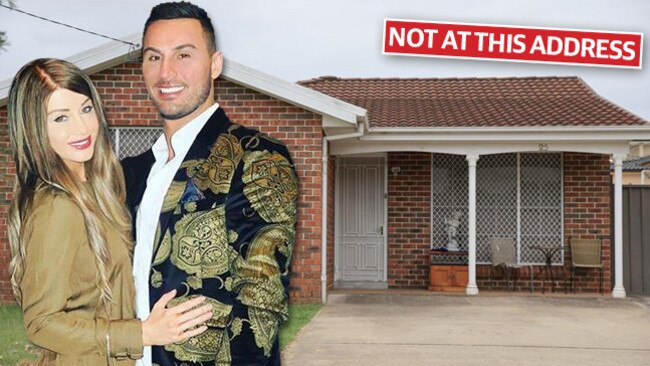
News
Don't miss out on the headlines from News. Followed categories will be added to My News.
- Auburn council sacked by state government
- Mehajer allegedly shifted demerit points
- Carpark for Mehajer deal overturned
- Another wedding of the century?
IT was the stream of faxes that sparked a police investigation into controversial Auburn deputy mayor Salim Mehajer that could not only end his political career but land him in jail.

On March 29, 2011 — 18 months before the 2012 the local government election where Mehajer was elected to Auburn Council — the fax machine at the Australian Electoral Commission’s Strathfield office was in overdrive.
In minutes, the office received 37 voter enrolment forms all from the same Auburn-based fax number.
Several other features on the forms raised the concerns of staff, including 13-year veteran AEC investigator Ian Herps, that they could be fraudulent.
Mr Herps would later tell investigators from the Australian Federal Police that all of the faxes appeared to have been completed in the same handwriting, the signatures didn’t match those on file, and some of the addresses listed didn’t exist.
A more obvious red flag was that all the faxes had a 3cm-wide light grey toner strip running the length of each page, Mr Herps told police.
On July 30, 2012, Mr Herps was copied into an email sent to the AEC’s national management team explaining that the Reid office had received 57 online enrolments between 5pm and 6pm.
Some of the names and addresses matched the 37 sent to the office 18 months earlier, which were part of Mr Herps’ investigation.
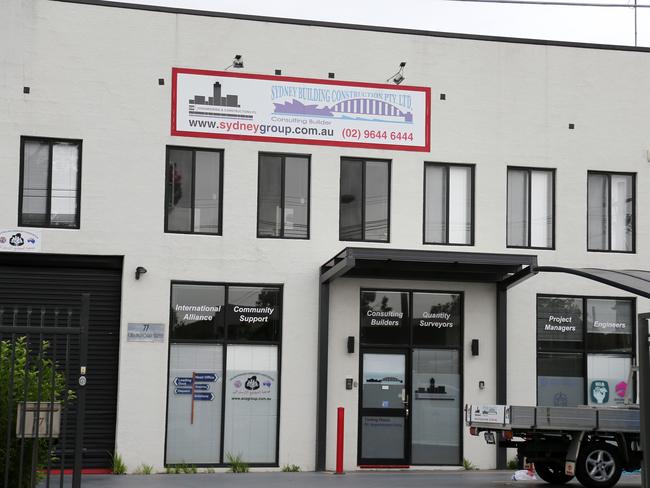
This latest batch of 57 were lodged on the deadline day for residents to be enrolled to vote in the September 8 local government elections.
The red flag this time was that all 57 were sent from two computer IP addresses: one located at Salim Mehajer’s Lidcombe home and the other at Mehajer’s Sefton office, prosecutors will allege.
An internal review by the AEC found that 26 other application forms lodged earlier that day had also come from Mehajer’s IP addresses. None were processed after AEC staff marked them as suspicious, Mr Herps told investigators.
One of the applications included Mehajer changing his enrolment details to state he lived with 11 other people in a three-bedroom apartment on Park Rd, Auburn. The AEC sent its findings for the Australian Federal Police.
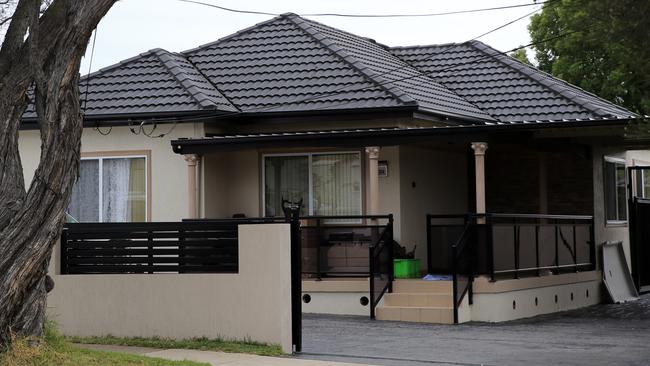
What followed was a three-year investigation that saw the AFP charge Mehajer with 76 counts of using a forged documents and another of using false or misleading documents last December.
He has pleaded not guilty to the charges and has said he will vigorously defend the allegations.
His sister Fatima Mehajer is facing the same charges and has also pleaded not guilty.
This came as Mehajer was elected to the fifth, and final, spot on Auburn Council with 1540 votes in 2012 and installed as deputy mayor of Auburn for three consecutive terms until he was suspended last year.
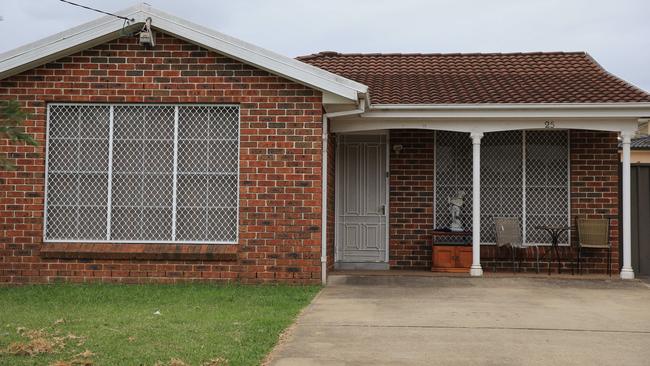
Mehajer’s position is now at risk and he faces 10 years in jail if convicted. The deputy mayor has rarely been out of the headlines since 2015 when his wedding, which featured luxury sports cars, helicopters and a military flyover, closed off a Lidcombe street causing chaos.
Prosecutors will allege that Mehajer and his sister were at the centre of a plot in which they provided a false address to the AEC when he ran for council. They will also allege he was involved in a plan in which false addresses were submitted to the AEC for people running on his election team. It will also be alleged they changed addresses of voters who lived as far away as Caringbah where they were listed as living in properties in Auburn, some that didn’t exist.
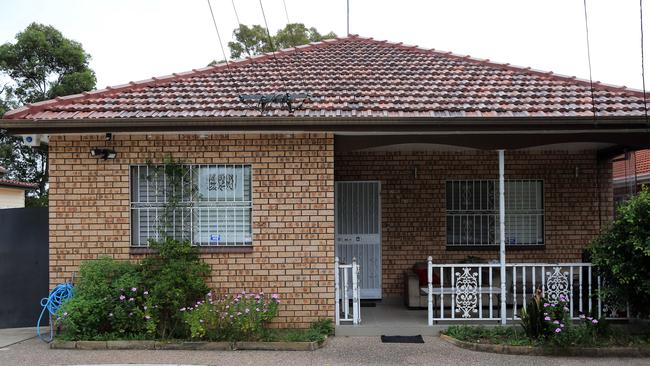
As part of their investigation, the AFP took statements from 124 people who either said they did not submit an application requesting the AEC to change their address or didn’t give anyone permission to alter them on their behalf.
Police also took statements from the actual householders of the false addresses. Most said they had never heard of the people listed as living at their homes.
It will be alleged in court that one of those people was Granville woman Susan Hamdan. On August 6, 2012, a person purporting to be Ms Hamdan called the AEC and asked why her enrolment form had not been processed. A further online application form was submitted altering Ms Hamdan’s details at 1.17pm that day.
Prosecutors will allege the call came from Mehajer’s business in Sefton and that the form was submitted from Mehajer’s IP address. Police allegedly found an image of the receipt for the changes on Mehajer’s sister’s laptop during a raid.
Ms Hamdan told police she has never lived at the address on her enrolment application, did not submit it and didn’t authorise anyone to do it on her behalf.
Prosecutors will allege that 31 other people named in the false enrolment applications, which were not picked up by investigators, cast a vote against a false address during the 2012 election.
A further 29 people named in the false enrolment applications didn’t vote, prosecutors will claim.
AFP officers raided Mehajer’s properties on Oleander Ave, Lidcombe, and Carlingford St, Sefton, on May 21, 2013, and December 4, 2013.
Prosecutors will allege that computers seized contained information linked to the bogus AEC applications, including receipt numbers for changing details and pdf versions of the applications. During the May search at Oleander Ave police complained that Mehajer was not present to provide them with passwords for the computers but was out driving his Ferrari.


